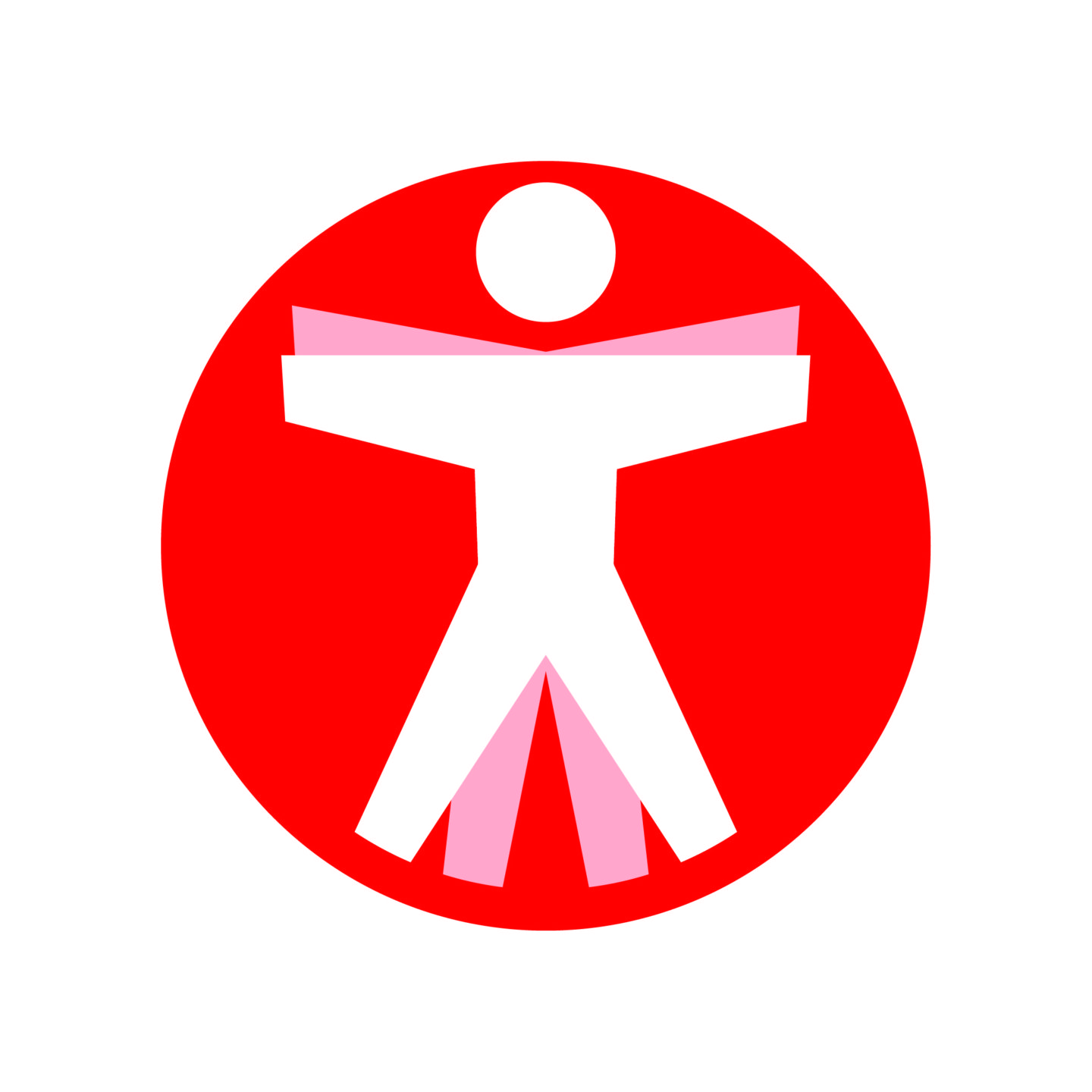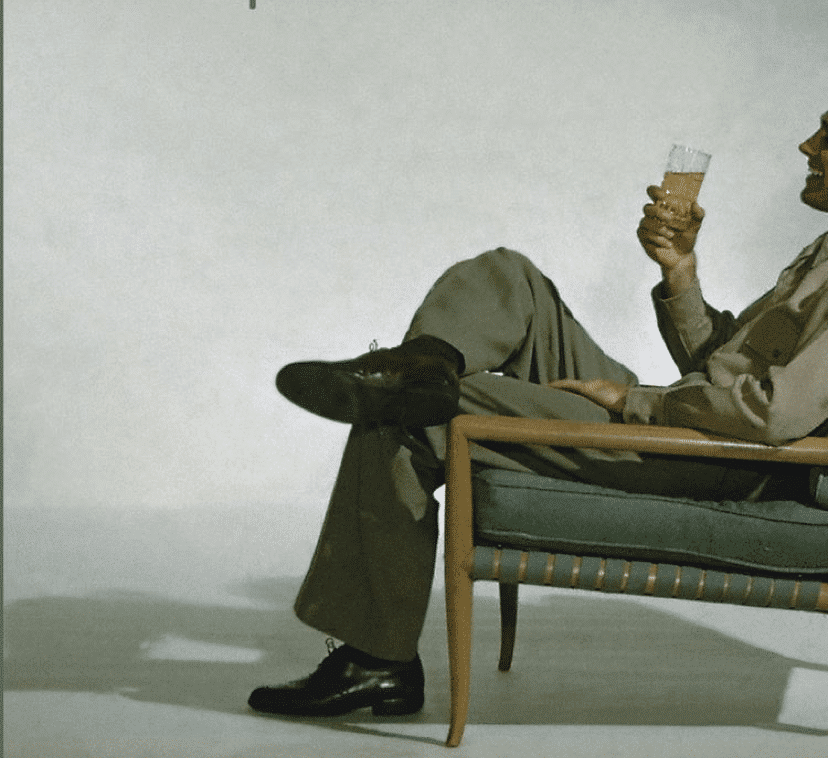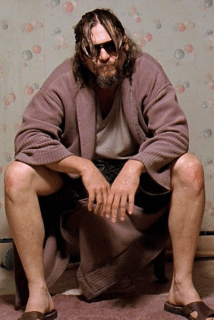Coping With the Crisis When You Already Have A Mental Health Condition
Mental Health
Chartered Counselling Psychologist Dr Chloe Paidoussis Mitchell evaluates the strains on those with existing problems, and presents sound advice.
Remarkably a high proportion of Anxious and Depressed clients responded really well to the initial disruptions of this devastating crisis. Many were saying things like, “I feel like I have prepared for this level of uncertainty” or “I feel quite calm that the day is now mine and I don’t have to get out, or fit around routines I hated.”
After all, those living with Anxiety and Depression have known for some time now that in order to find emotional equilibrium and their Mental Health they are required to work on their internal world, on their mindset, on their personal narratives about life, on their meanings and on their self-care routines. This is now something the rest of the world is required to learn at pace.
It is a truly remarkable awareness shift and nobody is exempt from the internal psychological disruption.
The implications of the crisis are starting to hit people, especially now we are in Week 3 of lockdown, as more are reporting feeling deeply anxious about family and friends, distressed about health, finances and the future.
It is a shockingly difficult situation both physically and mentally and to get through it we need to pull together, to support one another as best we can and to find our way to quickly nurture our mental health.
An absolutely key message for us to hold onto, is to accept that all negative responses to this abnormal and unprecedented situation are normal and human.
Isolation is tough. Loneliness terrible. Feeling deeply anxious and worried about vulnerable loved ones is a normal human response.
Tragically, as there is an increasing number of families who are losing loved ones prematurely and in abnormal circumstances, now is not the time for oppressive optimism and positivity.
Now is the time for reflection, profound self-care and purposeful reflection on how we will conduct ourselves through this.
Human beings have the capacity to rise through the most horrific trauma and our duty is to see this as a time for re-evaluating life. We can get through whatever the world throws at us – and we will – with dignity, courage and clarity.
With appropriate Mental Health care we can become warriors of hope. The energy that comes from surviving and finding a meaningful way forward through crisis is a major thing and I, for one, like to hold that close to me whilst navigating these difficult times.
Our Mental Health is now a priority and here are 5 coping strategies to help you get through the crisis, especially if you are already coping with a Mental Health condition.
-
Practice radical self-acceptance and compassion
This is really important because when you accept and acknowledge your internal world, then you can validate it and release yourself from feeling low, upset, a victim of circumstance and powerless.
We don’t get to control outside events but we do get to control how we respond to these, and self-acceptance and compassion are vital.
A very simple way to achieve this is to journal out your negative feelings every day, to de-clutter them from your internal world and deposit them in your journal.
Do this each morning before you engage in the daily routine and as you do so, practice radical self-acceptance.
This is really important and it means completely eradicating all judgment of yourself and of what you feel.
Now is not the time for the pursuit of perfection. Now is the time for acceptance.
Remember finding yourself feeling anxious, sad, depressed or fearful is completely normal to these extraordinary circumstances.
When you have finished journaling, ask yourself whether you have to feel the way you do. If not, what else could you feel that would feel like a shift?
If you feel that it is absolutely right to feel the way you do and you can’t shift it, accept it once more and ask yourself: what can I learn from this suffering? How can I turn this to my advantage to feel like I am getting wiser through this time? How is this teaching me to be? How do I want to shape me through this?
Make sure that you put reminders in your phone to “declutter your negative emotions” every morning.
Another way to build your practice of Self Compassion and Acceptance is to acknowledge your successes (your wins) and to celebrate these every single day too. At the end of your day, write down what you can celebrate, whatever that is: a good call, a delicious meal, a good mate, your kids, your partners, your ability to get through the day, your fitness, your inner resilience. Don’t forget to do this and make sure that every day you make it your priority to do something for you.
Living with Mental health during the crisis is really tough and you matter just as much as everybody else. Invest in yourself compassionately and make time for you. If this means having a Zoom beer with your boys – do it. If it means keeping up a fitness regime – do it. If it means reading a new book, learning an instrument, listening to your favourite records, being creative – do it. Whatever is your thing – don’t put it at the bottom of your list. Make it your priority and see it as your self-care.
Finally, another tool for maintaining self-acceptance and compassion requires you to monitor your Mental Health Symptoms everyday.
If journaling is not your thing, it is really important, especially now, that you find ways to monitor your symptoms. This means you can sort them out before they balloon to an unmanageable level and there are good Apps out there for you to try such as Whats’up, Moodkit, Mindshift, SAM (self care for anxiety management), Happify – all of them designed to give you tools to monitor your mood, your symptoms and to track your progress.
Checking in, monitoring and taking inspired action to look after yourself is the best thing for your Mental Health. It will allow you to feel that you are coping well with the crisis and will keep you feeling steady.
Remember your job is to nourish your internal world and you can’t do that if you are not checking in with it, monitoring and validating it.
If you have a really down day, that’s ok. You are human.
-
Seek and invest in shared experiences
Isolation and social distancing doesn’t have to mean no social connection at all.
Digital technology is brilliant and you can now use your creativity to think of how you can connect with others to have a shared experience.
This could mean a Zoom dinner with your crowd, a drinks night, a games night, a live fitness class, a meditation class, a telephone chat, a Facetime chat. It is all about authentically communicating and prioritising connecting.
Coping with Mental ill Health is tough and you may at times feel like retreating.
If you find that you retreat too much and withdraw from social interactions, think about having a safe person you can turn to during a dark phase and let them know you are having a tough time. Some people have a code word – and a safety plan with one or two trusted friends or family. Give yourself a chance for support.
If you have a therapist or counsellor, don’t drop your sessions. It is important to keep your support going and to continue recovery and healing.
If you haven’t got a therapist but think you would benefit from one, NHS services are less available at the moment but many employers have employee assistance programs. You can speak to your line manager to find out what is available to you. You can also check your local Mind charity to see if they can help. You can also refer to NHS Every Mind Matters for advice and organisations like The Samaritans and Calm offer telephone support.
Alternatively you can invest in private one to one counselling sessions. The Counselling Directory will allow you to do a search locally – though all psychological services are now online.
You can also use online communities for ongoing support. This is a big deal and allows you to access messages of support and to connect with others who have empathy and compassion for what you are going through.
The Book of Man is setting up a brilliant Mental Health Mentor initiative and many other online communities are there for you to make use of on Instagram, on Facebook and Twitter.
-
Reflect on your purpose and meaning
There are no quick fixes sadly and your recovery depends hugely on your attitude and mindset; not just on outside events. You have so much more power than you give yourself permission to acknowledge and it is completely within your right to seek purpose, to find your personal meaning, to allow yourself to be authentic in the pursuit of this.
This means that now you have the time to really evaluate what you want out of your life and who you want to invest in becoming.
I am not suggesting you take any major decisions or expect yourself to write the next bestseller. I am merely suggesting that now is a time to acknowledge what you have been doing and thinking, that doesn’t actually serve you, that doesn’t honour the person you want to be. You have time to recognise and consider your choices.
-
Look after your spirit and soul
This may sound weird, but we are not just a mind and a body. We are also an energy, a spirit, a being, a soul. We become ill both mentally and physically when we give our power away to fear and hopelessness.
Meditation can help you to align mind, body and spirit and allow you to connect with your soul, and find your soul’s purpose. You are a human being. Not a human doing.
If you haven’t tried them meditation apps are good habits – Calm and Headspace. Deepak Chopra and Jay Shetty both are offering free meditations online every day and making these part of your week will help you feel empowered and in control.
If meditation is not your thing, perhaps prayer is. Prayer can give you comfort, respite from feeling small and powerless. This is not about religion. This is about allowing yourself to access your soulful being and as such feel empowered.
-
Invest in your physical health
Nutrition matters. Sleep matters. Drug and alcohol habits need to be kept in check.
I am not preaching I am just saying it is important during this crisis you nourish and protect your physical health, just as much as your mental health.
Make sure you move everyday. This oxygenates the body and releases endorphins that protect you from feeling depressed or anxious. A minimum of 30mins is recommended.
Get outside to connect with nature. Every day. Fresh air boosts us and if you have a dog, go out on that walk. If you feel lonely get your headphones on and download a playlist you love and get outside.
Looking after your Mental Health is the most important discovery you can make during this time of crisis. You will get through this. I hope these 5 points bolster you and encourage you with some practical tips to navigate your way through these uncertain times.
Be well. Be strong. Be safe.
Dr Chloe x
www.dr-chloe.com for my Mental Health blog and e-resources
Instagram @drchloe_mitchell for posts on mental health and wellbeing
Twitter @drchloemitchell


Join The Book of Man
Sign up to our Shut-In Bulletin for all your mental health needs.
Trending

Join The Book of Man
Sign up to our daily newsletters to join the frontline of the revolution in masculinity.


















